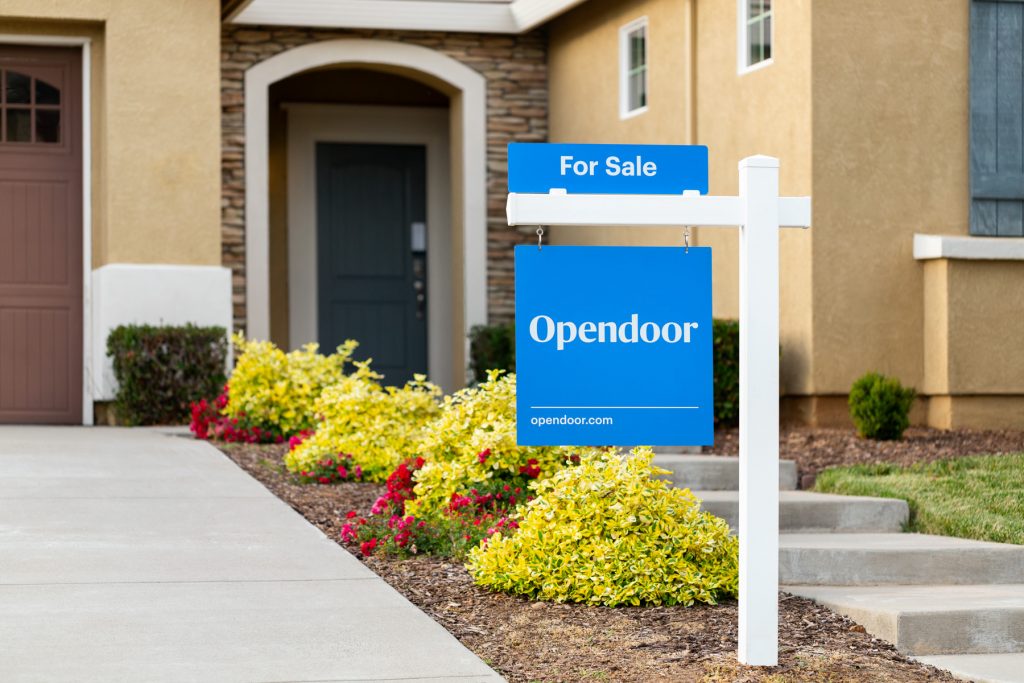iBuying company Opendoor is going public. It’s planning to merge with Social Capital Hedosophia Holdings Corp. II in a deal that will see it become a public company, with a value of $4.8 billion.

Opendoor is going public via a special purpose acquisition company, according to Bloomberg. SPACs provide startups with a faster route to public markets, without the risks associated with an initial public offering, or IPO.
“This is one of many milestones towards our mission and will help us accelerate the path towards building the digital one-stop-shop to move,” Eric Wu, co-founder and CEO of Opendoor, told TechCrunch.
Opendoor helped create the iBuying real estate craze, with a business model that sees it make instant cash offers to home sellers that wish to bypass the traditional listing process in favor of a quick sale. They usually have to pay higher commissions for the convenience, however.
Opendoor, like other iBuyers, stopped making cash offers and announced it was planning to lay-off 35% of its staff as its business was affected by the coronavirus outbreak earlier this year. But, the housing market quickly picked up against as U.S. states began to reopen, and the iBuying model rapidly re-emerged. One benefit of iBuying is that the transactions can be done remotely using technology, which is helping business to climb.
iBuyers could “drive an enormous amount of homeownership,” Chamath Palihapitiya, chairman of Social Capital II, a blank-check company, told CNBC in a recent interview.
In 2019, Opendoor sold more than 8,000 homes and generated $4.7 billion in revenue. It has plans to expand to 100 U.S. markets, despite currently operating in just 21. It is targeting revenue of $50 billion a year by the time it completes that expansion.
“The trade-off between profitability and broad appeal is an interesting question,” Tom White, an analyst at D.A. Davidson & Co., told Bloomberg. “For these businesses to have the broadest appeal and best shot at widespread adoption by home sellers, they’ve got to get their pricing as competitive as possible relative to a sale through a traditional agent.”